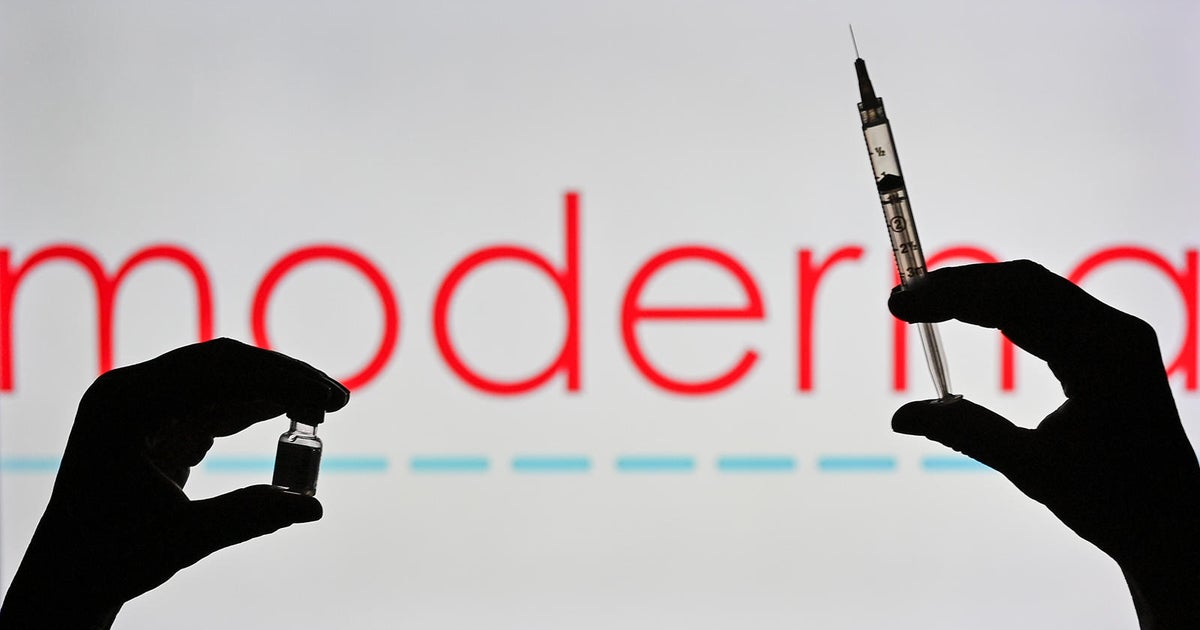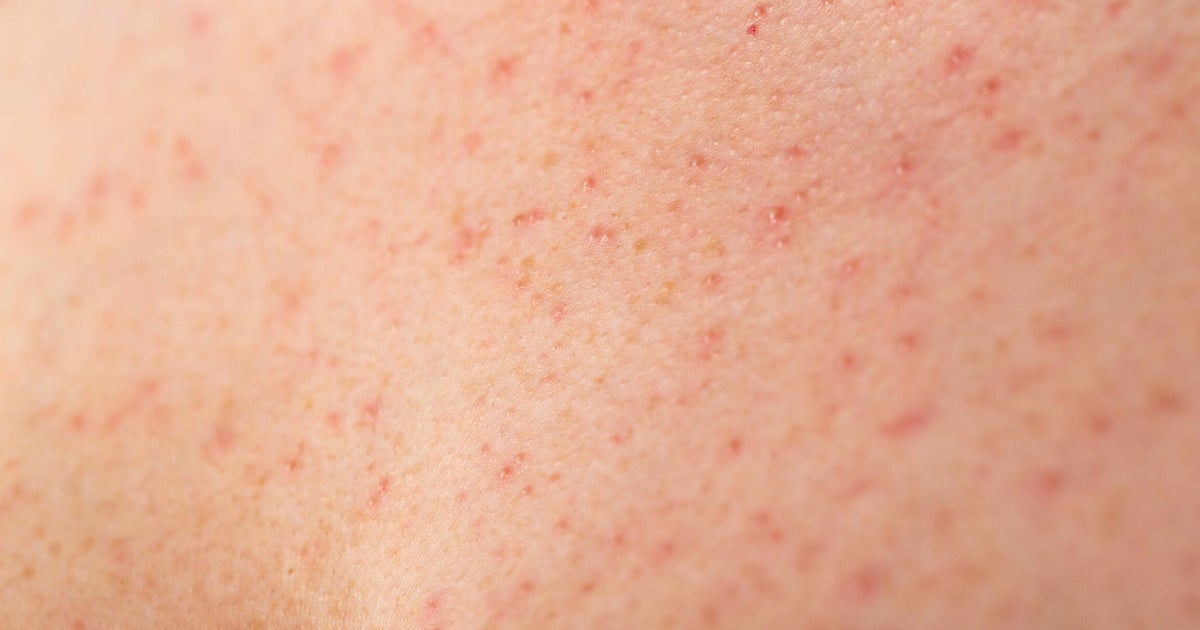Strawberries likely caused hepatitis A outbreak, FDA says
Packages of FreshKampo and HEB brand strawberries are likely linked to more than a dozen recent cases of hepatitis A in California, federal food regulators said.
The FDA and Centers for Disease Control and Prevention, along with the Public Health Agency of Canada, Canadian Food Inspection Agency, and state and local partners, are investigating a multistate outbreak of hepatitis A infections in the U.S. and
Canada potentially linked to fresh, organic strawberries with the FreshKampo or HEB labels and purchased between March 5, 2022, and April 25, 2022.
"If you are unsure of what brand you purchased, when you purchased your strawberries or where you purchased them from prior to freezing them, the strawberries should be thrown away," the FDA said in a warning notice.
The strawberries were also sold at HEB, Kroger, Safeway, Sprouts Farmers, Trader Joe's, Weis Markets and WinCo Foods, regulators said. The FDA has received reports of 17 hepatitis A cases in the U.S. since the strawberries hit store shelves, and a dozen people have been hospitalized. Most of the cases have been in California, but the FDA also reported one case in both Minnesota and North Dakota.
Urban Remedy recalled its strawberry hibiscus rose-flavored tea because the drink potentially uses the same FreshKampo strawberries that are under investigation. The tea was sold in nearly 25 states — including Arizona, Maryland, Michigan and Texas — in 12-ounce plastic bottles between June 17 and June 29. No illnesses from drinking the tea have been reported so far.
Anyone who purchased the tea should dispose of it immediately or return the item for a full refund, Urban Remedy CEO Paul Coletta said in a statement.
In Canada, 10 cases of hepatitis A and four hospitalizations have been reported tied to the strawberries, The Associated Press reported.
How you catch hepatitis A
The strawberries under investigation "are a likely cause of illness in this outbreak," the FDA said, noting that its investigation is ongoing and that other products could eventually be linked to hepatitis cases.
No deaths have been reported, but anyone who consumes the potentially harmful strawberries should immediately see a doctor and ask about a hepatitis vaccine, the FDA said.
Hepatitis A is a contagious yet treatable virus that infects the liver, causing it to swell and malfunction. Most people catch the virus from contaminated food or water.
HEB said it has not received or sold the strawberries under investigation since April 16. The Texas-based grocer maintained that its strawberries are safe, but said customers should throw away any organic strawberries purchased between March 5 and April 25.
"No illnesses from strawberries related to the FDA investigation have been reported at HEB or in Texas," the company said in a statement Sunday.
FreshKampo, a Mexico-based grower and distributor of fruits and vegetables, said it has stopped distributing the strawberries that are under investigation. None of the company's other products have been added to the FDA's probe.
"FreshKampo wants consumers to know that it will continue to work with health officials and supply-chain partners to determine where a problem may have occurred along the supply chain and take necessary measures to prevent it from happening again," the company said in a statement.
The U.S. faced a similar food-related hepatitis A outbreak in 2016 when Hawaii health officials said two sushi restaurants were serving raw scallops that came from the Philippines. The state reported about 290 confirmed cases of hepatitis A resulting in 74 hospitalizations.



